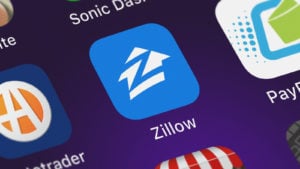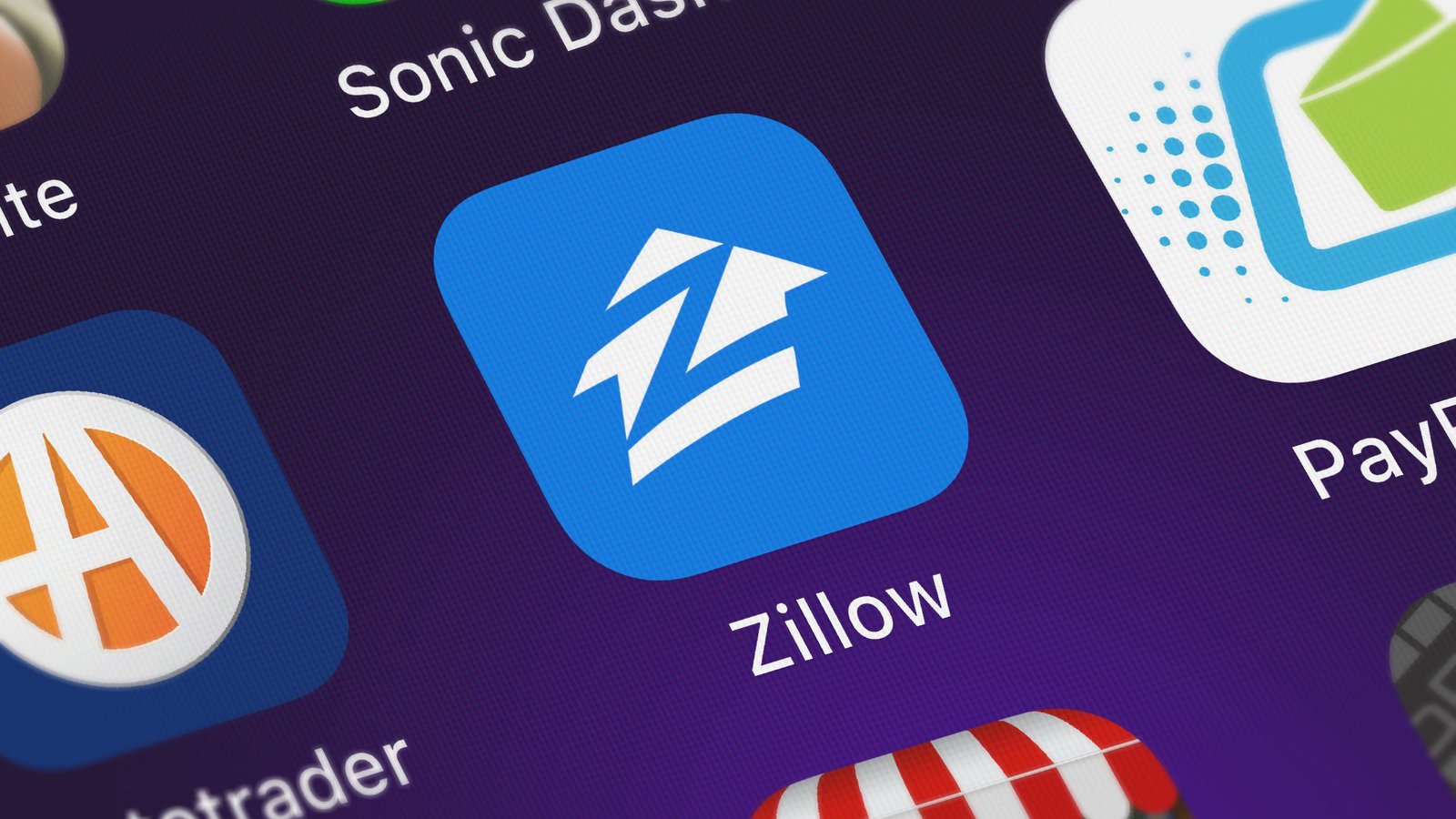Zillow Group (NASDAQ:ZG) is facing one major threat and one huge unknown. Given these issues, it’s impossible to recommend ZG stock to any investors at this point.

The company’s major threat is the Fed’s looming interest rate hikes that will likely weaken the U.S. housing market. And the unknown is whether the company’s new, comprehensive strategy will work.
Before reading more about ZG stock, it’s important to know that the company is exiting its home buying-and-selling business and instead creating a “super app” that will enable home buyers and sellers to conduct all of their transactions.
The Real Estate Market Could Tumble
In a note to investors on Jan. 19, KeyBanc analyst Kenneth Zener advised investors to sell homebuilders Lennar (NYSE:LEN), KB Homes (NYSE:KBH) and Toll Brothers (NYSE:TOL). After evaluating historical data, the analyst warned that rate hikes constitute a “negative factor, superseding fundamentals considerations, in a highly repetitive fashion.”
And suggesting that many investors are also leery about the housing market, the SPDR S&P Homebuilders ETF (NYSEARCA:XHB) has already dropped nearly 16% in 2022. Of course, even if the housing market just slows significantly, Zillow’s current main business, which involves charging agents to list homes they’re selling on the company’s website, would take a major hit. What’s more, a housing slowdown would also make it much more difficult for Zillow’s new super app to gain momentum.
And that last point enables me to transition easily into the next subject of the article.
The Super App May Not Deliver for Zillow
The company’s management envisions the super app as a means for the company to deliver – and ultimately profit from – digital solutions, partnerships, and making it easier for users to buy, sell, finance and rent properties.
But, as I mentioned earlier, a rapidly slowing housing market, which could easily materialize as interest rates rise, would make it much more difficult for Zillow’s app to be successful in its early days.
Also worth mentioning is that, when it comes to “buying…{and} financing,” Zillow is going to face very steep competition from hundreds if not thousands of large, well-entrenched banks and other financial institutions that choose not to partner with it, as well as from companies that already market mortgages.
And of course, house-flipping companies will try to prevent Zillow from gaining market share among both buyers and sellers. Finally, real estate agents are already used to working with certain lenders that handle all the paperwork for buyers and sellers.
As Zillow’s management suggests, it’s true that the company has a built-in way of marketing its services to millions of buyers online because about two-thirds of them already access Zillow’s sites and apps. And the company also pointed out that it already carries out about 3% of all housing transactions.
To increase its share of these transactions, Zillow intends to provide better services, including 3D tours of homes, new solutions for sellers, and digitized mortgage offerings.
But Zillow’s access to millions of buyers online and its small foothold in the transactions market do not guarantee that it will greatly increase its transactional market share, as it’s seeking to do. I’m sure that when the company entered the house-flipping sector in 2018, it told investors that its data and connections with buyers would enable it to succeed tremendously in that endeavor.
But that did not turn out to be the case; ultimately, Zillow had to exit the house-flipping business because it could not generate consistent profits.
I would not be surprised if, at least in the first few years of operating its super app, Zillow will have to charge very low prices in order to gain market share, resulting in low profit margins that will not please the Street. All in all, I have serious doubts about whether the company will be able to come close to its goal of $5 billion in annual revenue and 45% EBITDA margin by the end of 2025.
The Bottom Line on ZG Stock
Despite its recent declines, Zillow is still changing hands for 57x analysts’ average 2020 earnings per share estimate for the company. That’s not exactly cheap for a company that’s in transition and whose main business is facing a major threat.
That situation, along with the major uncertainties facing ZG stock, make the shares a sell for investors at this point.
On the date of publication, Larry Ramer did not have (either directly or indirectly) any positions in the securities mentioned in this article. The opinions expressed in this article are those of the writer, subject to the InvestorPlace.com Publishing Guidelines.
Larry Ramer has conducted research and written articles on U.S. stocks for 14 years. He has been employed by The Fly and Israel’s largest business newspaper, Globes. Larry began writing columns for InvestorPlace in 2015. Among his highly successful, contrarian picks have been GE, solar stocks, and Snap. You can reach him on StockTwits at @larryramer.
